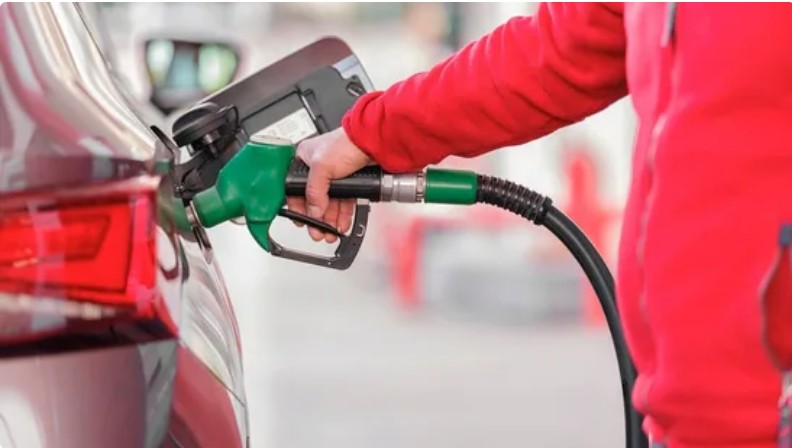Centre states mileage concerns were anticipated since 2020 and any drops have been marginal
The introduction of E20 petrol—petrol blended with 20% ethanol—has faced backlash from vehicle owners concerned about mileage drops and potential engine issues. Responding to these concerns, the Ministry of Petroleum and Natural Gas has emphasized the benefits of E20, including better acceleration and improved ride quality.
Why E20 Petrol Is Being Introduced in India
India has been actively working to reduce its dependence on imported fossil fuels and lower vehicular pollution. To achieve these goals, the government launched the Ethanol Blending Programme (EBP), aiming to gradually increase the percentage of ethanol in petrol.
- Earlier, the fuel sold contained up to 10% ethanol (E10).
- The move to 20% ethanol blending (E20) is a significant step toward cleaner fuel standards.
- Ethanol is mainly produced from crops like sugarcane and maize, which supports the agricultural sector and rural economy.
- The E20 rollout, started recently, is part of India’s commitment to the Paris Agreement and its net zero carbon emission target by 2070.
- Several countries worldwide already use ethanol blends up to 20%, making India’s transition aligned with global clean energy trends.
Despite these benefits, the shift to E20 fuel requires adjustments in vehicle technology and public awareness, which has caused some initial concerns and resistance from car owners.
What the Centre Says About Mileage
- Mileage concerns were anticipated as far back as 2020 during early studies and trials.
- Any reduction in mileage, the ministry explains, has been marginal and influenced by factors such as:
- Driving habits
- Vehicle maintenance
- Tyre pressure
- Air conditioning use
Benefits Beyond Mileage: Environmental and Economic Impact
The Centre highlighted that E20 petrol is a vital part of India’s commitment to reduce pollution and meet its net zero emissions target by 2070. Key benefits include:
- Reduction in greenhouse gas emissions:
- Sugarcane-based ethanol reduces emissions by 65% compared to petrol
- Maize-based ethanol reduces emissions by 50%
- Boost to rural economy by increasing farmer incomes, helping curb farmer suicides, especially in regions like Vidarbha
- Energy security through crude oil substitution, saving foreign exchange
Key Figures and Achievements
- Since 2014-15, ethanol blending has saved over ₹1.44 lakh crore in foreign exchange
- Crude oil substitution has reached around 245 lakh metric tonnes
- CO₂ emissions reduced by approximately 736 lakh metric tonnes, equivalent to planting 30 crore trees
- For 2025 alone, farmer payments are expected to be ₹40,000 crore and forex savings around ₹43,000 crore
Public Concerns and Vehicle Compatibility
Despite these benefits, some car owners report:
- Noticeable drops in mileage
- Possible component failures in engines not designed for higher ethanol content
The ministry advises vehicle owners to ensure their cars are properly maintained and monitored for optimal performance with E20 petrol.
While there is some public resistance, the government maintains that E20 petrol delivers long-term environmental and economic benefits. The minor mileage changes are manageable and outweighed by gains in acceleration, ride quality, and sustainability. Transitioning to ethanol blends is a crucial step for India’s energy future.



